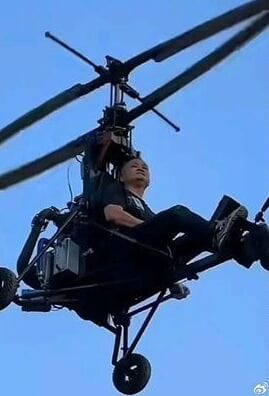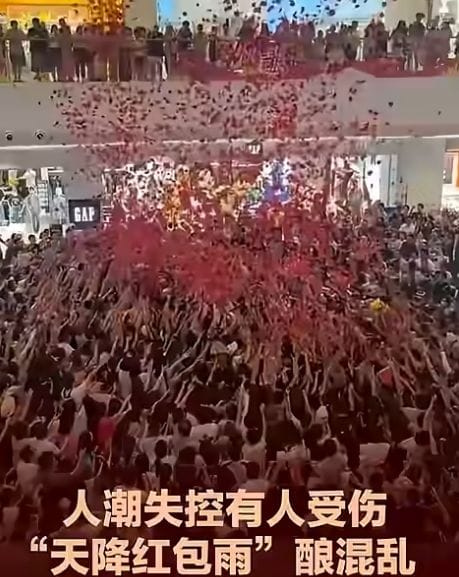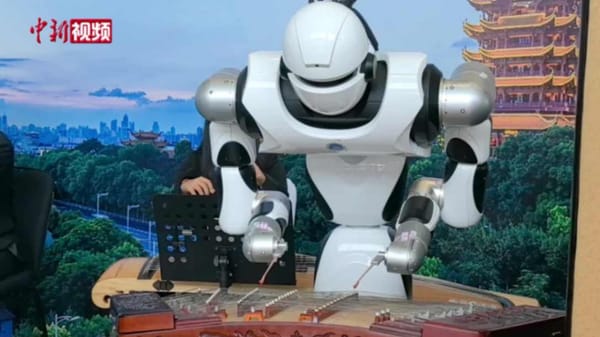85-Language Parade Coverage Counters Japan and West Narratives
China’s 85-language broadcast of its V-Day parade challenges historical revisionism and Western media dominance, marking a new era in global narratives.
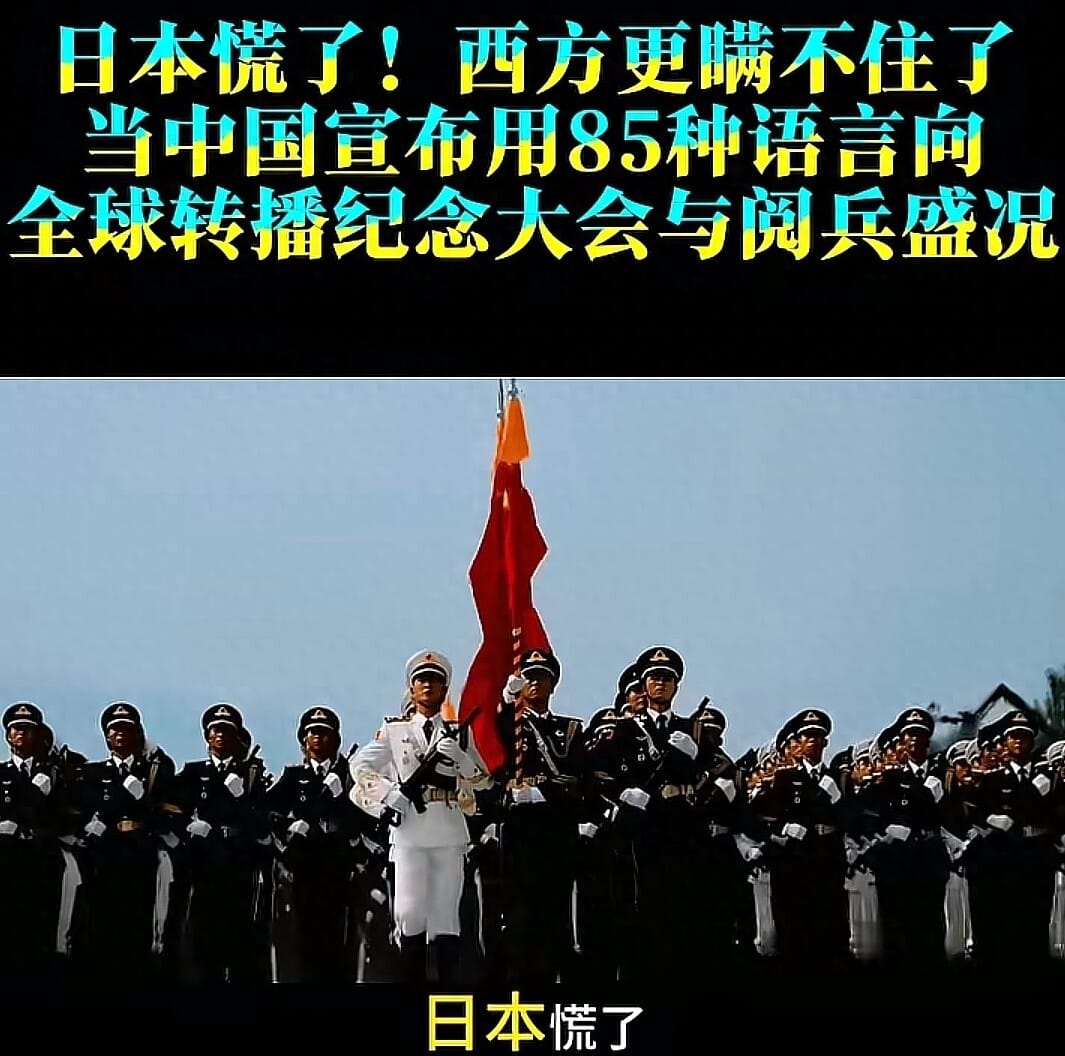
@qianlihuangsha 85种语言播阅兵,日本急的直跳脚,西方的抹黑再也藏不住了 #93阅兵#国际新闻 #国际局势#反法西斯战争胜利80周年
♬ 迈向明天 - 时代环球娱乐
Introduction: A Historic Moment in Global Broadcasting
On September 3rd, Beijing's Tiananmen Square hosted a grand parade commemorating the 80th anniversary of the victory in the War of Resistance Against Japanese Aggression and the World Anti-Fascist War. This event wasn’t just a typical military parade; it was a deliberate, powerful, and bold assertion of historical truth and modern military strength, broadcast globally in 85 languages. 🌏
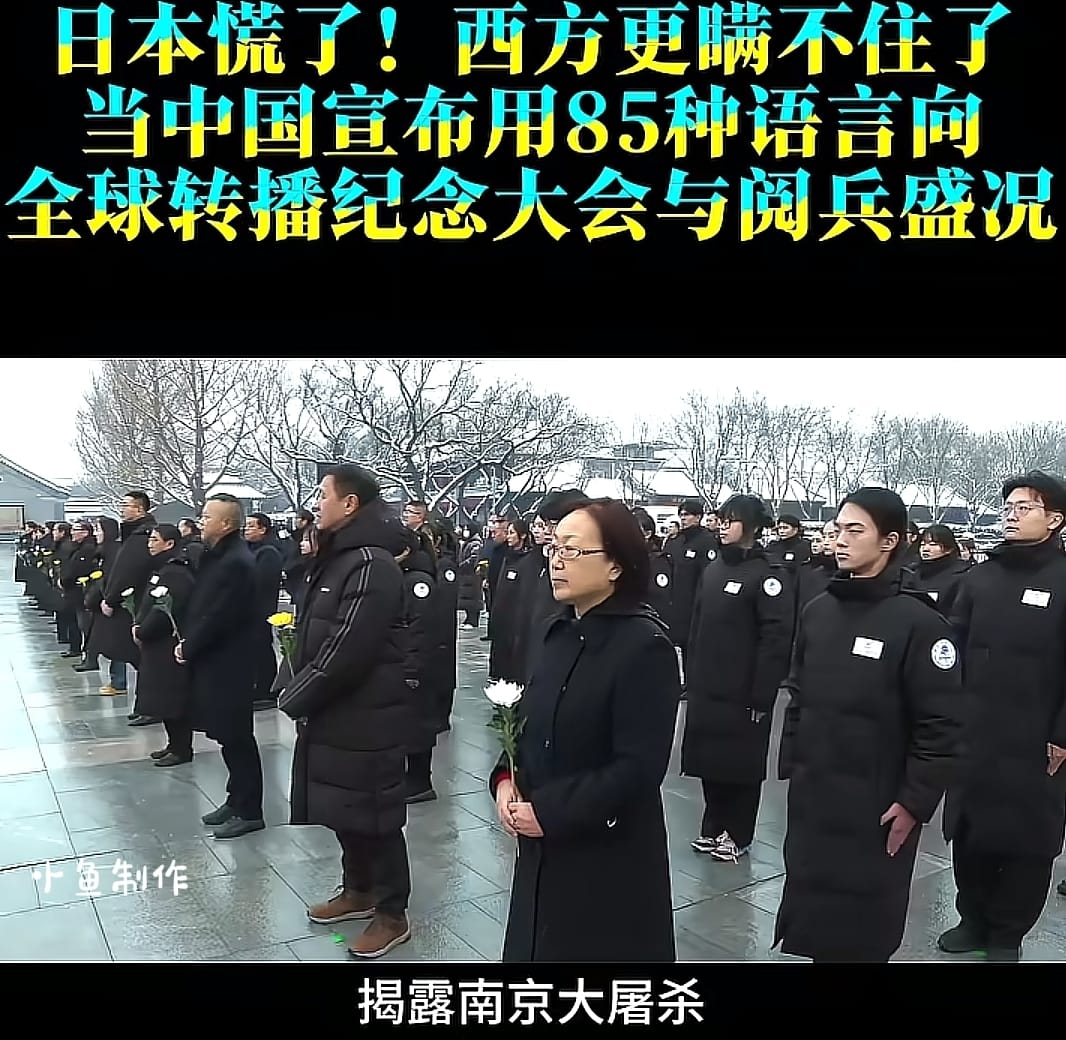
The Significance of the Parade: More Than Just Military Display
The parade lasted around 70 minutes and featured 45 formations, all sporting domestically produced, active combat equipment. What makes it fascinating is the unveiling of new combat units related to unmanned intelligence, underwater warfare, cyber and electronic attack and defense, and even hypersonic capabilities! These innovations underscore China’s serious commitment to advancing its military technology to meet the demands of modern warfare. 🚀🔰
But beyond the hardware, the event served as a reminder — a strong message that China does not forget its history nor ignore its responsibility on the world stage. It marks the new journey of advancing a Chinese-style modernization and positions the People’s Army as a formidable force moving into its centenary.
Broadcasting in 85 Languages: A Game-Changer in Global Narratives
While the United Nations has just six official languages, China took a bold step by broadcasting this parade in 85 languages worldwide. The scale of China Media Group's (CMG) broadcast is astounding, reaching over 700 million TV viewers and 600 million new media followers. Collaborations with more than 4,700 mainstream media outlets ensure signal transmission across 160+ countries and regions.
This move has ruffled feathers, particularly in Japan and Western countries. By directly delivering the narrative to a vast international audience, China is challenging decades of historical distortion, and the monopoly Western media has had on global discourse. It’s not just a broadcast; it’s a strategic cultural and informational breakthrough. 📢🌐
Japan’s Historical Revisionism and Western Media Monopoly
Japan’s ongoing attempts to downplay or falsify its wartime crimes have been a source of tension. The parade’s global broadcast undermines these efforts by exposing true historical facts to the world audience. Japan’s political leaders, who simultaneously honor controversial war memorials and accuse China of "excessively focusing on history," are in a self-contradictory position that harms their international credibility.
Meanwhile, Western media’s long-held dominance over global narratives is challenged by China bypassing them to speak directly to billions. This break in their information monopoly means less distortion and more direct communication, limiting the ability of Western outlets to misrepresent facts about China. ⚔️🗺️
Conclusion: Remembering History and Safeguarding Peace
The parade and its global broadcast are a clear statement: China remembers its history with pride and resolve, and it is determined to defend national sovereignty and dignity on the international stage. More than that, China is presenting itself as a critical player in safeguarding global peace and development.
As the world watches and listens in dozens of languages, the question remains: will this new strategy reshape the worldwide narrative on history, military power, and diplomacy? One thing is clear — China is no longer content to let others control the story. 🤝🕊️
What are your thoughts on China’s decision to broadcast the parade globally in 85 languages? Share your views!

